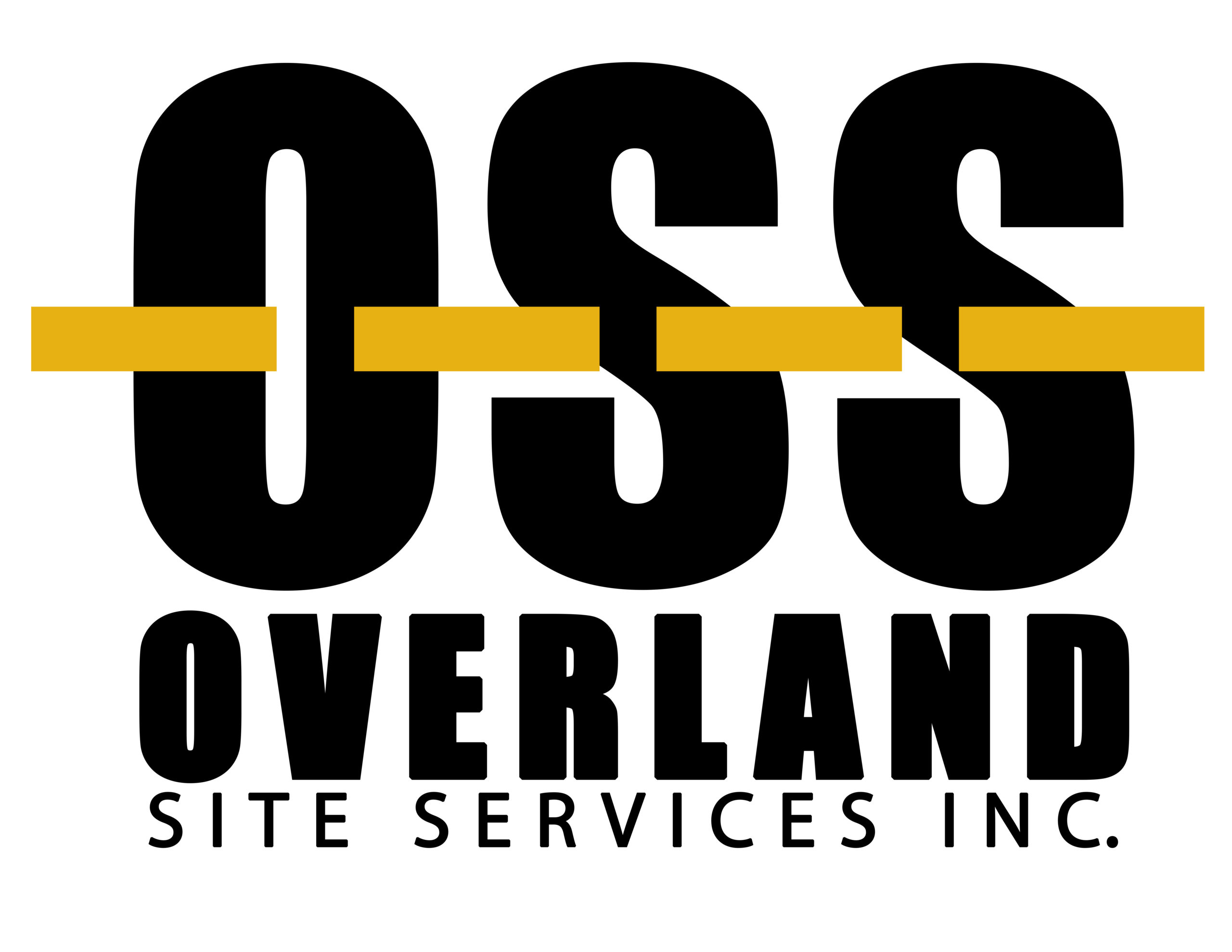What is resurfacing?
Resurfacing is the process of installing a new layer of asphalt on an existing pavement surface. This layer is typically 1.5″ to 2″ thick. Other terms asphalt resurfacing is know as are: asphalt overlay, pavement overlay.
My asphalt is cracking, can this be repaired?

Yes of course! We have all the proper equipment and skilled technicians to quickly and economically fill these cracks and prevent further damage. The sooner these asphalt cracks can be repaired the better, especially if there is a risk of freezing.
Does asphalt come in other colours besides black?
Generally asphalt is applied black. There are additives that can be mixed in the asphalt to shade additional colours and styles.
I see roller marks on my asphalt, will these go away?
These will fade in time, usually after a few months they will become less noticeable. Compaction rollers are a critical aspect of producing a long lasting quality pavement. a 90% – 93% compaction level is ideal.
Will leaking oil from vehicles cause damage to my asphalt?

Oil, gasoline, diesel and brake fluids act as a solvent and can cause the asphalt to soften and break down. Protect your asphalt by ensuring your vehicles don’t leak.
There are plants/grass growing in the middle of my asphalt driveway, how is this possible?
Plant or grass seeds that make it below the asphalt surface before paving can sprout up, pushing through irregularities in the surface. The best solution is to use chemical sprays to kill the plants before they can spread.
Small sections of my parking lot are deteriorating, Can these be repaired by patching?
Absolutely, depending on the condition of the surrounding asphalt. The sooner these problem areas are repaired the better. Regular maintenance will ensure the longevity of your asphalt.
Will I notice the patch repairs?
While we make every effort to create a seamless transition between the patch and the existing asphalt, there will be a noticeable difference between the old and the new asphalt. As time goes by, the new patches will begin to fade and more closely match the surrounding asphalt, making them less noticeable. Sealcoating following patching will virtually eliminate any noticeable difference in the asphalt.
How often should I sealcoat?

Sealcoating should be done every 1 to 3 years, depending on how much vehicle traffic your asphalt receives.
What are the benefits of asphalt?
The four main advantages of asphalt paving are that it is economical to install and maintain, it is durable, it’s safe and reliable, and it is highly recyclable.
Can asphalt be installed over concrete?
Absolutely! If you have an existing concrete parking lot/driveway, we can pave asphalt right over top. There are a few things to consider before paving asphalt over concrete, such as the condition and stability of the concrete, as well as the layout of the expansion joints in the concrete.
Does current oil prices impact asphalt prices?
Simply put, yes. This is because asphalt binder is produced using crude oil and diesel. So when oil and diesel prices rise, so does asphalt.
